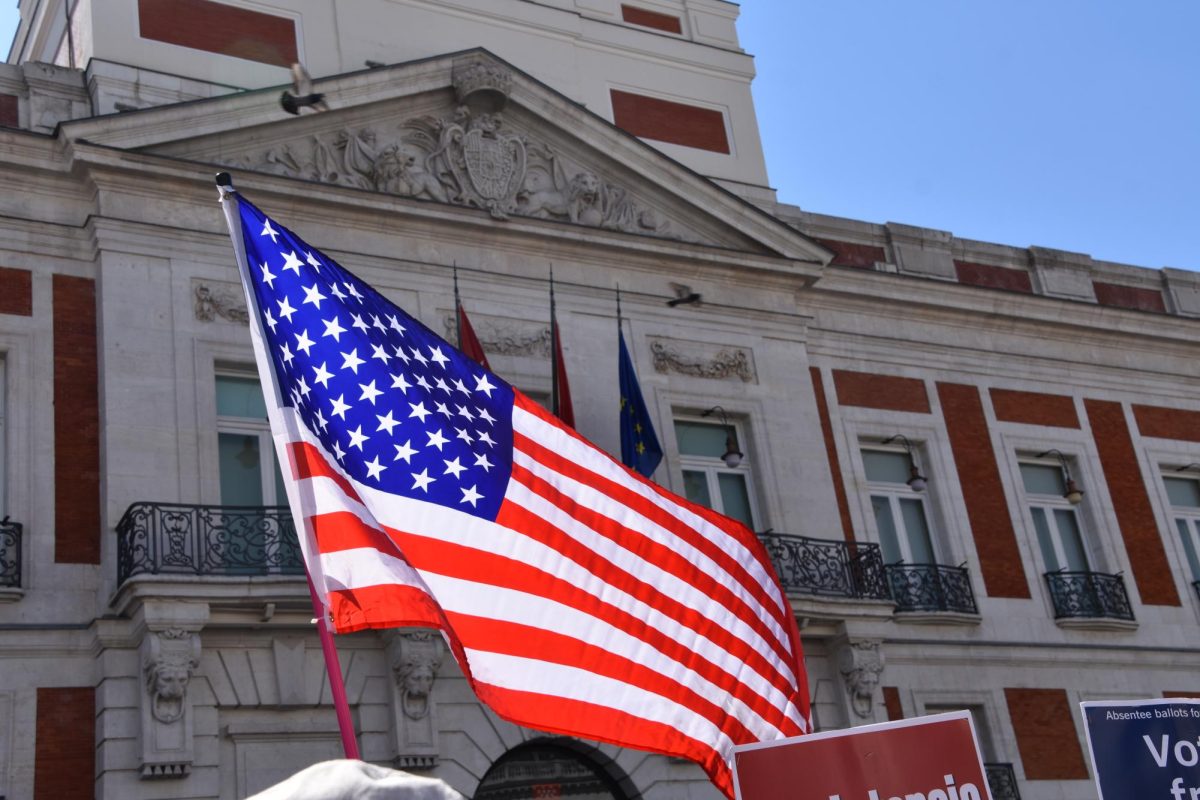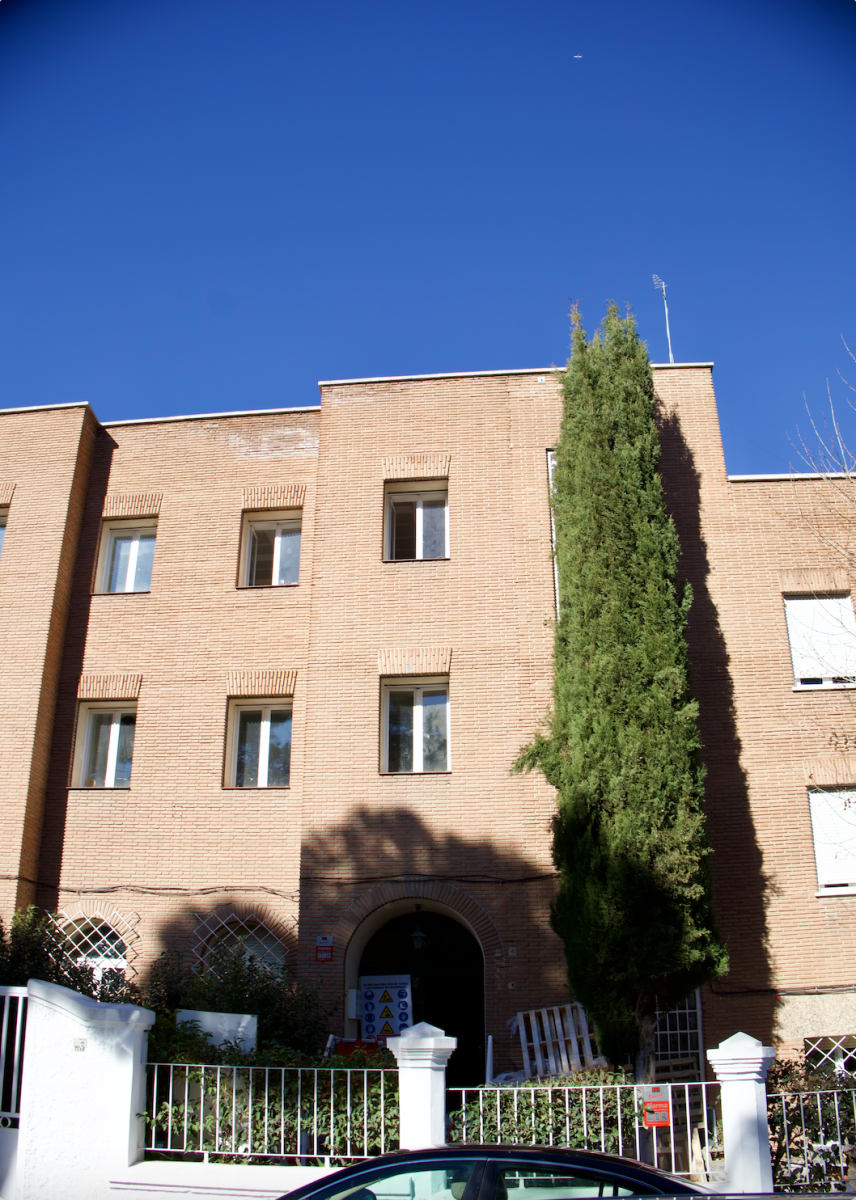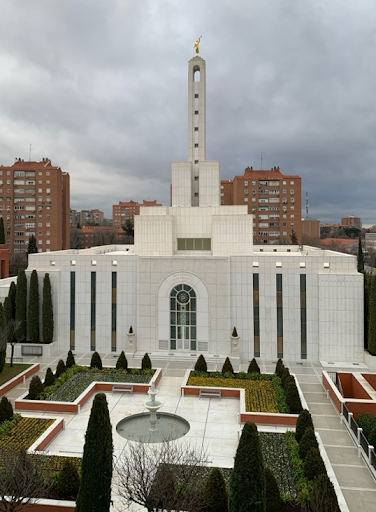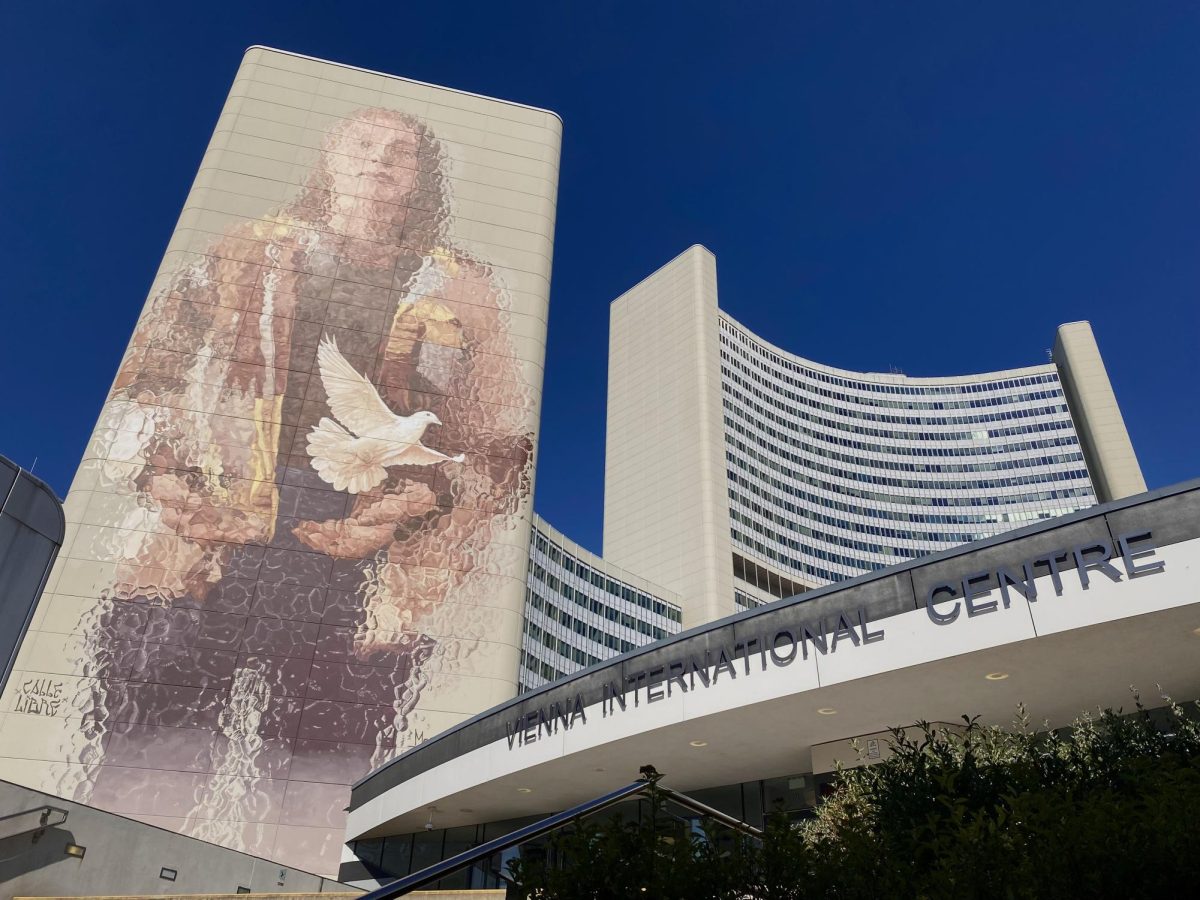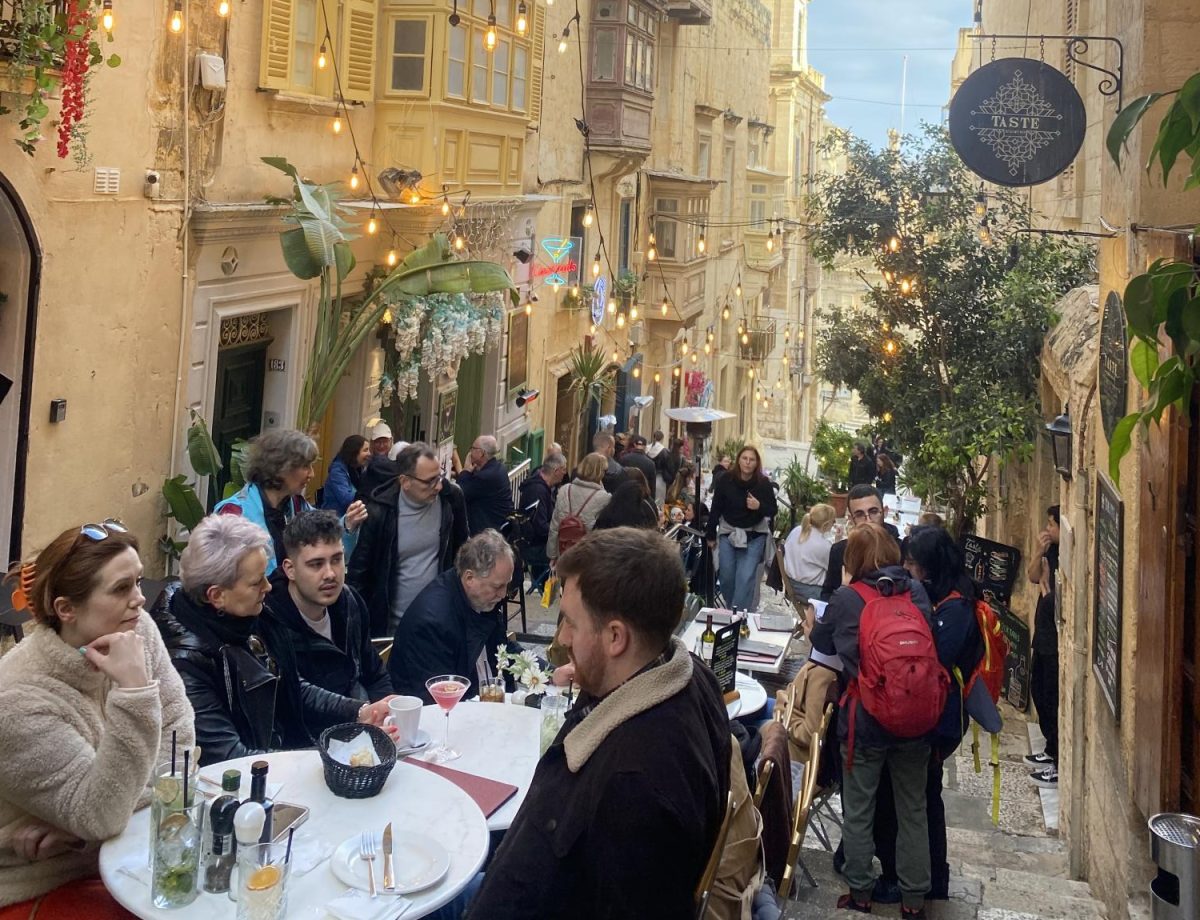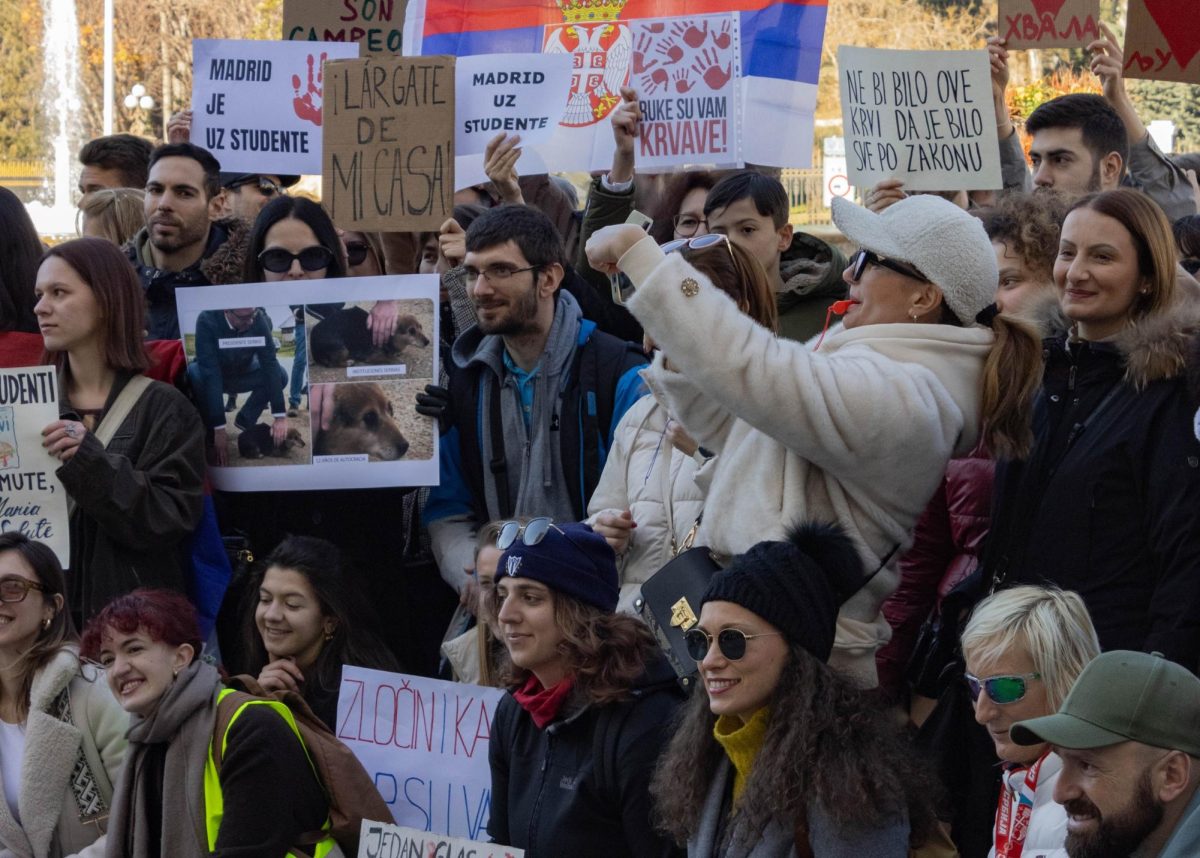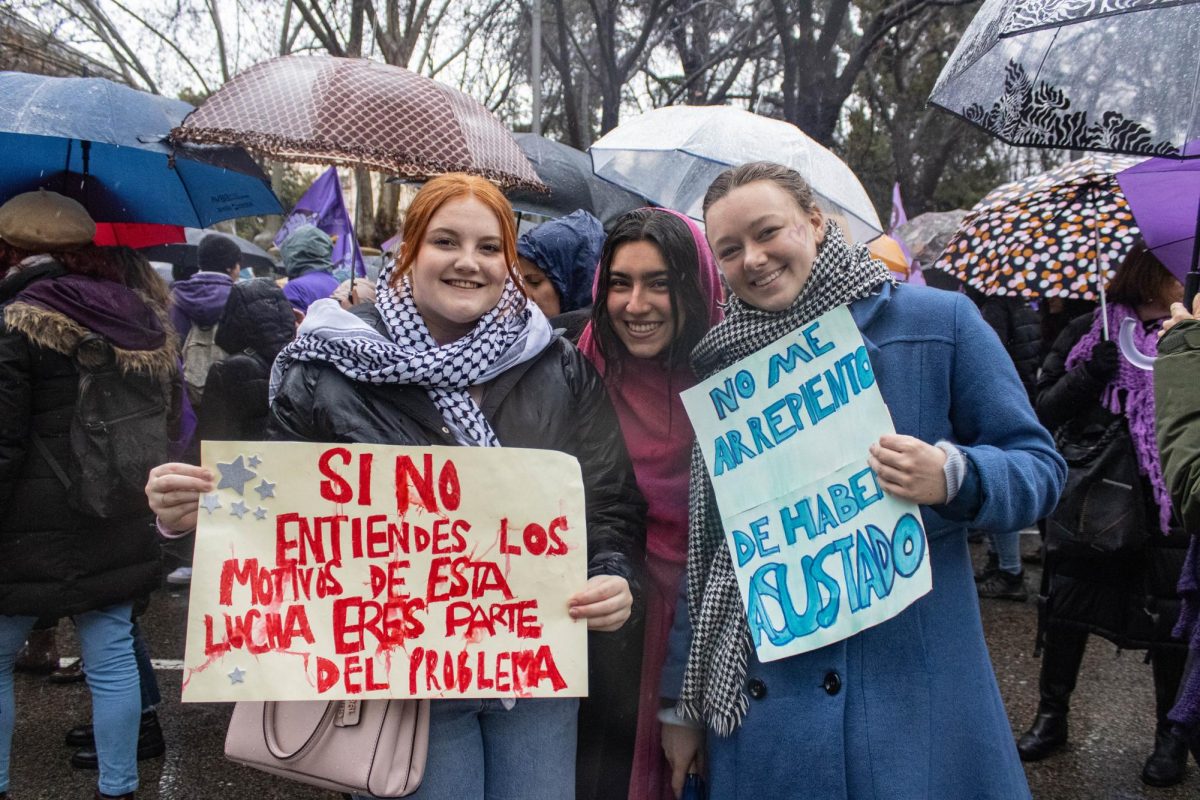More than three months after the July 2023 general elections, Pedro Sánchez, the leader of the Spanish Socialist Workers Party (PSOE), has secured a majority vote in the parliament to remain as the Spanish prime minister. This victory depended on amnesty negotiations with two Catalan pro-independence parties. Sánchez’s successful pursuit of an amnesty deal, which will cover nearly 400 people involved in a failed secession attempt in 2017, has not only reshaped the political landscape but has also ignited a firestorm of public opinion, setting the stage for civil unrest.
On Thursday, Nov. 16, Sánchez secured an absolute majority in the parliament with the support of 179 out of 350 MPs. This victory relied on weeks of negotiations with the main pro-independence parties of the northeastern Spanish region—the Catalan Republican Left (ERC) and the Junts per Catalunya (Together for Catalonia). After the People’s Party (PP) failed to garner enough support to form a parliamentary majority, it became clear that the only chance PSOE had was to win the votes of Junts, which had not supported Sánchez in previous government formations. The two pro-independence parties would accept nothing less than amnesty for all participants of the 2017 illegal referendum. The deal benefitted the former Catalan regional President Carles Puigdemont, who became a fugitive from Spanish law and was reviled by much of Spain after leading the illegal attempt at secession.
Sánchez’s achievement, however, was not met with widespread approval. The amnesty deal, which was the first amnesty law approved in the EU since 1991, sparked outrage among the Spanish right and triggered an intense public backlash. According to a recent survey reported by the Spanish television station Antena 3, approximately 70% of eligible voters in Spain disapprove of the amnesty law. Nearly 60% of those are supporters of the socialist party, showing that the amnesty law transcends party lines. This disapproval was amplified by the fact that Sánchez had campaigned against such an amnesty during the 2023 general elections. The reversal of campaign promises added fuel to the fire, and now much of the Spanish population feels betrayed by Sánchez’s shift in stance.
Since the deal took place, Spain has witnessed weeks of civil unrest, particularly from the Spanish right, and protests are only growing. Just two days following the official vote, over 170,000 gathered to march in the streets of Madrid, marking the biggest demonstration yet. The demonstrators were joined in the protests by Spanish conservative leaders, including the PP leader Alberto Núñez Feijóo and Santiago Abascal of VOX. Despite some clashes between protesters and public law enforcement leaving individuals injured, the demonstrations have been generally peaceful. While protestors are seen marching in the streets, Sánchez’s political opponents have expressed concern that this agreement threatens the Spanish rule of law and separation of power.
As Pedro Sánchez prepares to lead Spain for another term, he is poised to face significant challenges and backlash. The amnesty agreement, while securing the support of pro-independence parties, has alienated a considerable portion of the population, including members within his party. Additionally, the party Junts per Catalunya, despite the agreement, has already made it clear that unequivocal support for Sánchez should not be expected.
Sánchez’s political journey in the coming months is fraught with uncertainty. Despite pressing issues confronting Spain, such as rampant inflation, harsh summer heatwaves, and persistent water shortages, the amnesty deal’s controversy threatens to overshadow these crucial concerns. The Catalan independence issue is now poised to resurface and once again dominate the political discourse in Spain, diverting attention from other pressing matters that demand urgent solutions. As the nation grapples with the revival of this long-standing debate, the ability to address and resolve these multifaceted challenges may be hampered.
Pedro Sánchez’s successful retention of the prime minister position and the controversial amnesty deal marks a pivotal moment in Spanish politics. The fallout from this decision has cleared paths for the deep divides within the Spanish political landscape, setting the stage for an unpredictable tenure. As Sánchez deals with internal dissent, external pressures, and the resurgence of the Catalonian independence question, the resilience of his leadership and the unity of Spain will be put to the test. Only time will reveal the lasting impact of this unprecedented political maneuver.


